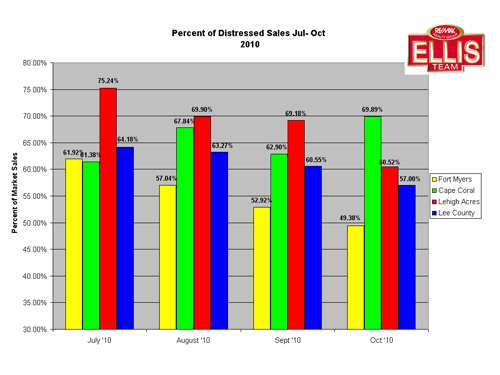One thing is for certain. Every year about this time two things occur. Real estate experts begin prognosticating what they think will happen in the New Year, and most Americans profess what their new resolutions are for the New Year. (Well, at least for the first few weeks)

You know, we hear the usual stuff. I’m going to join a gym, quit eating sweets, lose 10 pounds, quit smoking, attend church regularly, make an effort to spend time with somebody, or change some type of behavior. Some stick, and some don’t, but we all seem to do it every year.
Maybe we do it in our personal lives, and maybe we do it in our professional lives as well. I always wondered if the real estate market had a voice what it’s resolutions would be, so for fun I came up with a few. Like any resolution, some will never happen, but wouldn’t it be nice if in some magical way all our resolutions stuck all year. Here’s an idea on what we think the market’s resolutions might be:
- Short Sales-Banks would speed up short sale
- Less Foreclosures-In part because homeowners who cannot afford to stay would successfully navigate and close a short sale
- Economy-Jobs is what will pull us through. May 2011 bring a better economy and jobs to SW Florida
- New Construction-Brings jobs, and will be a sign prices are recovering to the point people choose to build again
- Prices Increase-Prices may be artificially too low right now, but one day they will recover. Wouldn’t it be nice if this happened this year?
- Lee County would attract outside business to relocate to SW Florida-We know the county and Chamber is working hard on this. Results in 2011 sounds like a great resolution
- Commercial rebounds because economy improves and new tenants fill empty buildings
- Red Sox Stadium pays for itself-Lee County is saturated with new fans seeking warmth and sunshine
- Homeowners Associations cooperate and help us close properties faster
- Cities like Cape Coral and Fort Myers code enforcement worry less about every little dime and work with banks to actually get properties closed so we can get new buyers into property.
- Government goes on a diet-Property taxes decline again and more people can afford to move here.
I know, not all of these things will happen. Just like in the real world, it’d be nice to have a perfect wish list. I’m sure you have others.
May 2011 bring more prosperity than 2010 did, and hopefully we’ll see some meaningful improvement we can build upon. Together we’ll all get through this. Don’t forget, it’s always darkest just before the dawn. If you keep your head in the sand, you might miss the sunrise. With a little luck and hard work, may 2011 bring that sunrise and a beginning to a new day.








